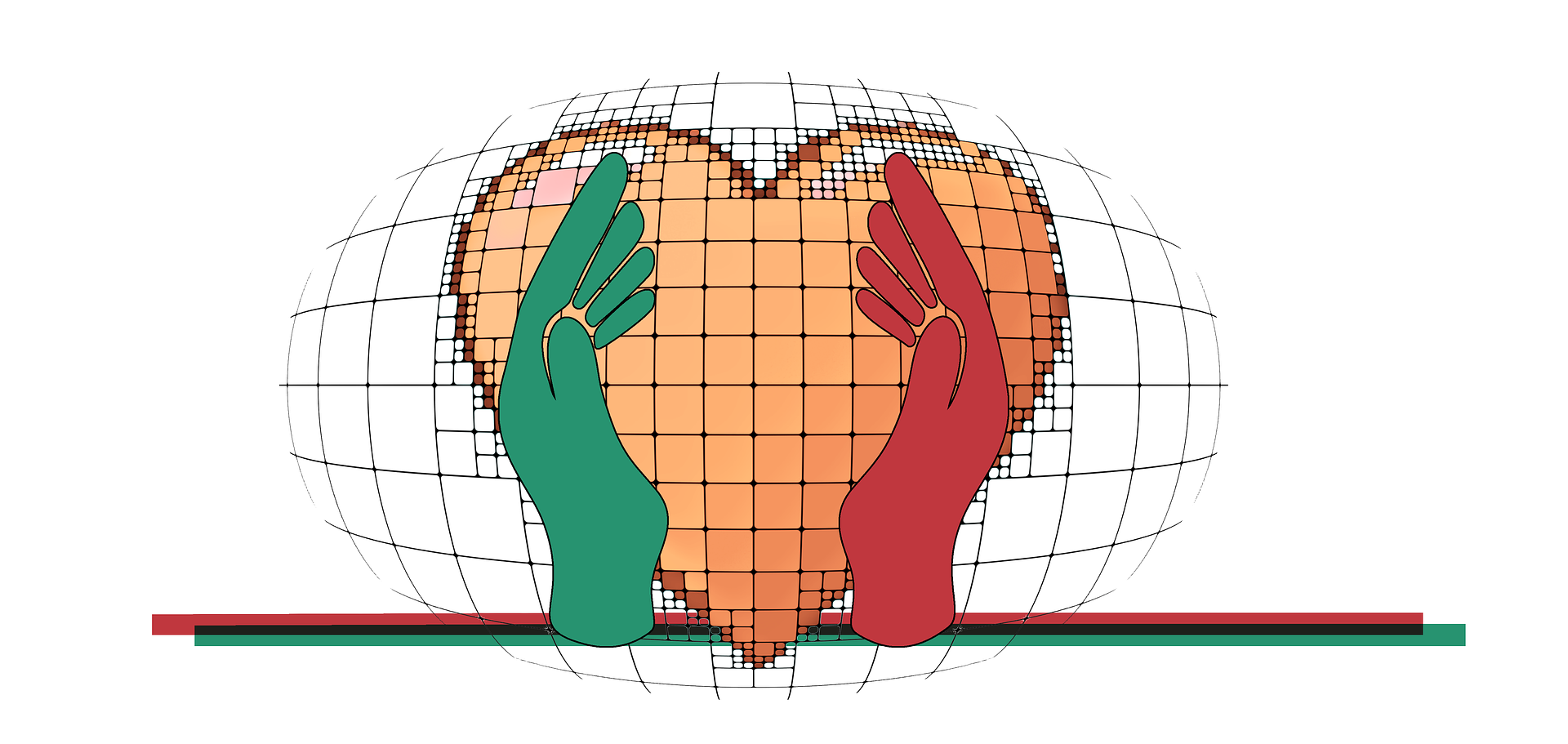Blog » Family Law » Divorce
What is the process of an amicable divorce?
Again and again, it is noticed that people are not aware that a marriage cannot be terminated unilaterally at any time without giving reasons and that for an amicable divorce, the cooperation of the other spouse is required. Not so easy, when you consider that two people usually do not seek a divorce exactly when they get along particularly well.
Common misconceptions about divorce
In the practice of law, one encounters the most common errors again and again. Especially considering the fault principle that applies in Austria in divorces, it makes sense to be informed.
Refusal to have kids as a marital offence?
Refusal to have kids as a marital offence? Under the at fault principle in Austria it might be relevant when it comes to a divorce.
Friendship as marital misconduct?
Spouses need to be faithful towards each other. However, this is not limited to sexuality. Also a friendship can be marital misconduct.
Privileged divorce
In order to be able to get a privileged divorce it can make sense to not actively pursue a divorce but wait until the other party starts.
Amicable divorce: do’s and don’ts
Especially with regard to divorce, there are different options in Austria. The most common variant is that of an amicable divorce.
Mediation in divorce proceedings
Mediation is an extrajudicial procedure for resolving conflicts. One of its best-known areas of application is divorce mediation.
Divorce and social media
Even after divorce proceedings, caution is advised when it comes to social media use. Concerning potential legal implications in Austria.
Divorce by mutual consent: prerequisites
Marriage between two people is not only a love relationship. When you marry, you also enter into a contract. Many people are not aware of this to its full extent. Even though it may be more romantic to only think about the wedding dress, the cake or the guest list, it makes sense to find out what mutual rights and obligations apply in a marriage before getting married.
Private Investigator in a divorce
The end of a marriage is usually not pretty. Of course, this is not a purely Austrian phenomenon. However, Austria is one of the few countries in Europe that still applies the principle of fault. This also means that divorce proceedings are not only emotionally costly for those affected, but also financially.
Amicable divorce: It is not mandatory
If we take a look at Austria’s divorce statistics, we can see that most divorces are amicable. In 2020, 87.1% of all divorces were amicable. Amicable does not necessarily mean peaceful. What the statistics do not show is that not everyone comes to the divorce judge with a ready-made agreement. Sometimes a divorce by mutual consent is preceded by long proceedings until an agreement is finally reached.
Spousal support – the money after the divorce
People are often concerned about the financial consequences of a divorce. Some worry about having to support their (ex-)partner financially for the rest of their lives. Others fear no or too little support from the other person. The fact is that a divorce is rarely accompanied by an economic improvement. Simply because a divorce does not magically create more money, but suddenly twice as many households have to be served.
Right of contact and its limits
The right of contact – formerly called visitation rights – repeatedly leads to great difficulties for parents who live apart. Contact rights and custody are two different things. This is a common misunderstanding – the terms are often mixed up. Custody means the care and upbringing of the child, legal representation and administration of property. Contact rights, on the other hand, mean the right to have personal contact between parents and children.
Child abduction
Again and again there is widespread media coverage of cases of child abduction. This refers to cases in which one parent takes a child to another country or does not bring it back from there, thus violating the custody rights of the other parent. Only recently the Supreme Court again dealt with this issue OGH 12.5.2021, 6 Ob 83/21f).
What happens to a rented flat in the divorce
When two people get divorced, in most cases they lived together in some form beforehand. At least as long as both still wanted the marriage. The common home, i.e. the place where the spouses had their centre of life, can be called the marital home. It is irrelevant whether this place is a houseboat, a house, a mobile home or a classic three-room flat. The marital home enjoys a special status. Already during the marriage but also afterwards.
Partnership, the house and the separation
Marriage is a contract that is not open to dissolution. Cohabitation, on the other hand, is not. Many people decide that they don’t need a marriage certificate for their love and relationship, that they simply don’t want one. But what happens to the house or the flat bought together when you separate?
Marital misconduct: Expiry date?
If a person can be proven in court to be solely or predominantly to blame for the breakdown of the marriage, this can have unpleasant financial consequences for that person. Far less well known is the fact that marital misconduct, to put it bluntly, also has a certain expiry date. If you want to file for divorce because of serious misconduct on the part of your partner, you do not have an unlimited amount of time to do so.
Divorce animals: What happens to them?
Four out of ten Austrians have a pet. Some of these pet owners are married and some of them get divorced at some point. Many marriages that are contracted in Austria, are permanent . The approximately 40 percent of all marriages that do not “last” are usually divorced amicably (sometimes after years of negotiations). If no agreement is reached, a court decides.
Diseases: Can they be divorce grounds?
Life is colourful and sometimes it doesn’t turn out as planned. When you get married, you promise to stand together in good times and bad. But how long and how bad are these bad times really reasonable? Marriage is first and foremost a civil law contract in which certain mutual rights and duties are standardised by law. One of these is the marital duty of assistance. If the duty of assistance is violated, this can be considered marital misconduct. However, there are also limits to what can be reasonably expected.
Moving out of the marital home: Divorce Case
Especially when things are not going well at home and you would like to shoot the other person to the moon, many people have the impulse to move out of the marital home to (temporarily) clarify the situation. However, if a (contentious) divorce takes place afterwards, this can have nasty consequences.
It is a common misconception that there is no harm in moving out of the shared home in the event of marital conflicts. Indeed, it is often not known that moving out can be considered marital misconduct (“malicious abandonment”).
The crux of the marital home
The number of marriages in Austria has been relatively constant for several years. However, many people associate certain resentments with the institution of marriage and fear financial disadvantages through marriage. The legislator also wanted to counteract these resentments. It is for a few years now possible, to make agreements on the matrimonial home in advance, i.e. before a divorce is in the offing.
Obligated to therapy?
Especially in proceedings concerning custody or contact rights, the waves between parents can rise high. Unfortunately, especially in disputes about joint children, the conflict sometimes threatens to escalate in court. Apart from the fact that there is hardly anything closer to one’s heart than one’s own child, family law conflicts often touch on the parents’ own issues, which may be based on past experiences.




















